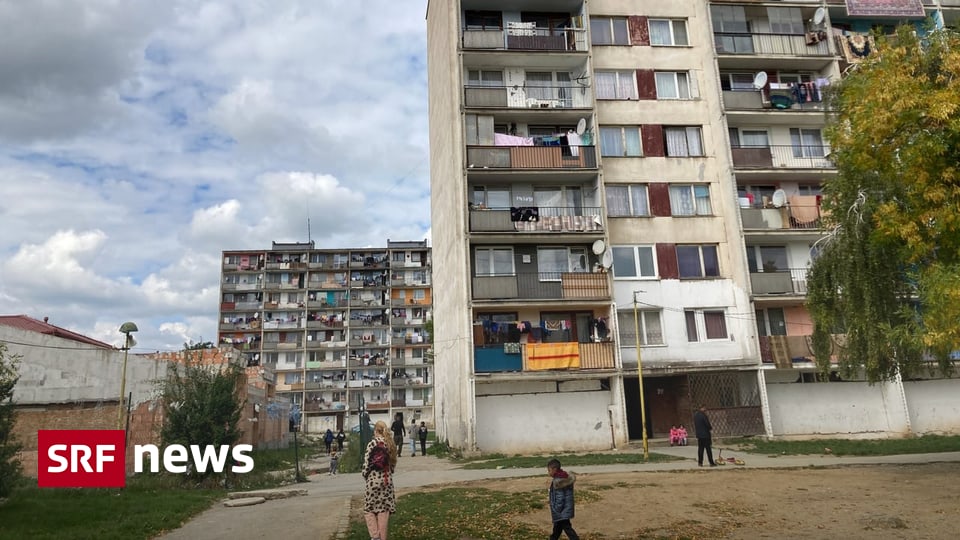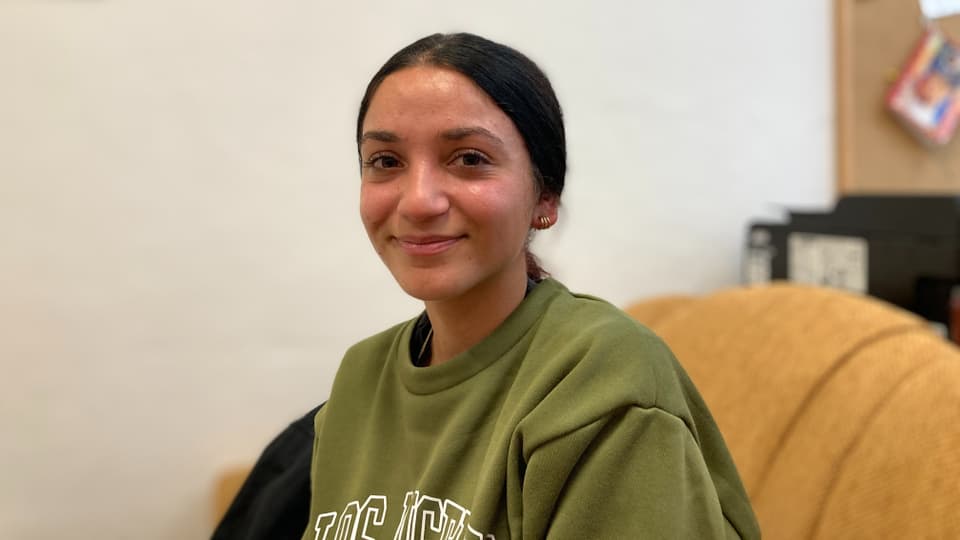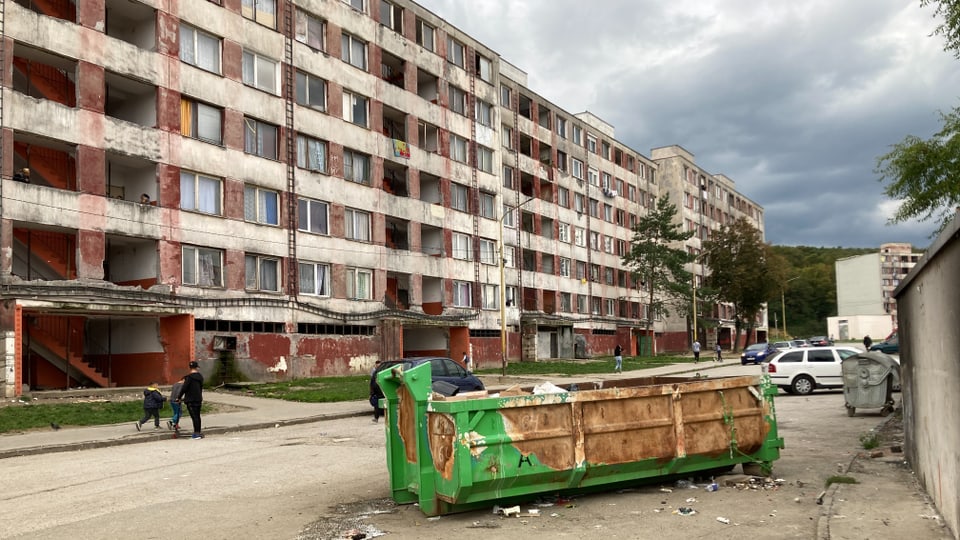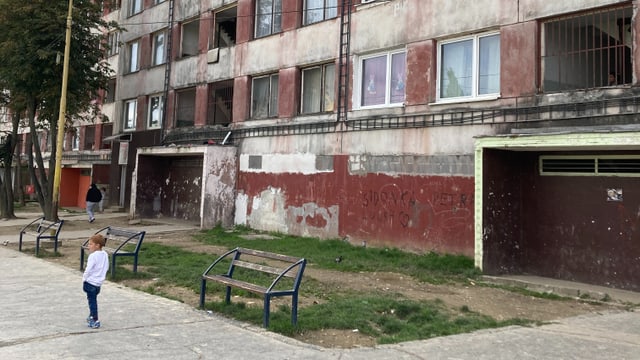
On the outskirts of Košice in eastern Slovakia, around 6,000 Roma live in a settlement that was once built for 2,500 residents.
You stand out as an outsider in a Lunik IX ready-made housing estate. Adults give suspicious glances and children look curious.
Concrete bars were planned on the outskirts of Kosice in the 1970s. 2500 people should live here. Soldiers, police officers and Roma. It was a failed integration project.
Some children come to school hungry.
Twice as many people live in Lunik IX today. All of them are Roma, a third are children. People here are very proud of the children who attend the local primary school. His choir made it to a nationally televised talent show.
Choir director Ontrej Ferko says it's been a long road. “Roma children are especially considered musicians, but most parents do not encourage their children. You cannot. Many are poor. Some children even come to school hungry. Music lessons are not a priority.
A commitment to a better future
Nikola Horvatova also went to school in Lunik XI. Today, the 24-year-old works as a school assistant. He mediates between Roma children, Roma parents and non-Roma teachers.
Harvatova says the students want to help one day have a better life, that they — unlike their parents — aren't dependent on social welfare, and that they learn to manage money.

Purana:
School assistant Nikola Horvatova wants to leave Lunik IX.
srf/Roman Fillinger
There is iron determination in the young woman's eyes: she wants to get away from Lunik IX. She knows that things are hard for Roma like her everywhere in Slovakia.
For example, she says she experiences discrimination when she goes shopping. “I can assure you that the store detective will follow me until I pay at the checkout.”
Leaving is still only a plan, Horvatova still lives with her family. Three rooms should be enough for more than ten people.
Yet life in Lunik IX is better today than it was in her childhood, the young woman insists. “We don't have water or electricity. Now we usually have both.
Only faith brings progress
When it comes to Lunik IX's improvements, Marcel Sana's name always comes up. The 45-year-old grew up in Lunik IX, has a doctorate in social work and has been mayor of the district for ten years.

Purana:
Electricity and water are available here only if paid in advance – but regularly.
srf/Roman Fillinger
The changes were only possible because he gained the trust of the city government, he insists. Because of the trust, more money flowed into the area. From the city treasury and from EU funds.
With this, Sana initially paid off the debts – key word: build trust. He also installed street lights and surveillance cameras to ensure safety.
to take responsibility
Mayor holds residents accountable: In the past, water and electricity were often shut off to entire blocks due to non-payment of bills by individual households.
Today there is always water and electricity – but only for those who pay in advance. Although it works well, Lunic IX is a problem area. Unemployment is high, poverty is high and there is no social mix.
So even the mayor plans to one day move away from Lunik IX with his family.

“Wannabe pop culture fanatic. Zombie advocate. Entrepreneur. Internet evangelist. Alcohol fanatic. Typical travel buff.”





More Stories
Choosing the Right Quality Management Software for Your Industry
If guests bring items: Can shower gel be packed from the hotel?
This diet can prevent death from dementia